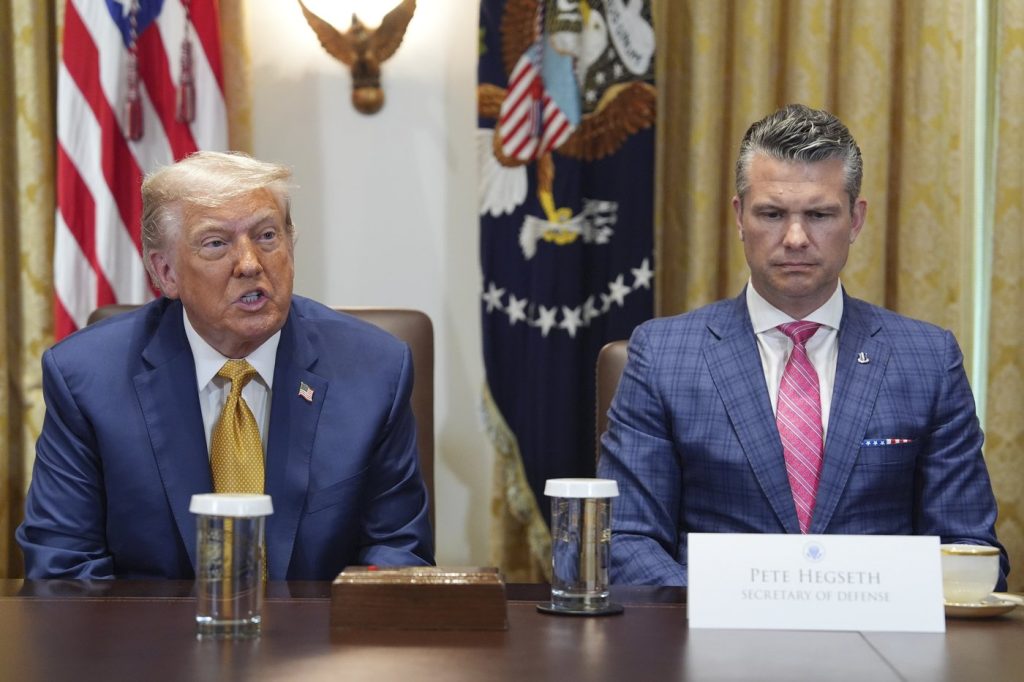The U.S. State Department has issued a warning to its diplomats regarding attempts to impersonate Secretary of State Marco Rubio and potentially other officials using artificial intelligence technology. This advisory follows an incident where an impostor, posing as Rubio, reached out to various high-profile figures, including three foreign ministers, a U.S. senator, and a governor. The details were disclosed in a July 3 cable sent to all embassies and consulates, as reported by The Washington Post.
The scam messages, which utilized text, Signal, and voice mail platforms, did not reveal the identities of the recipients. State Department spokeswoman Tammy Bruce confirmed the department's awareness of the situation, stating that steps are being taken to monitor and address the matter. She emphasized the department's commitment to safeguarding information and enhancing cybersecurity to deter such incidents in the future. However, Bruce refrained from providing further comments, citing security concerns and an ongoing investigation.
This recent impersonation attempt is not an isolated incident; it follows similar high-profile impersonations within the Trump administration, including one involving Susie Wiles, the former chief of staff to President Donald Trump. As artificial intelligence technology continues to advance and become more accessible, the misuse of AI to impersonate senior government officials is expected to rise, prompting warnings from the FBI about a malicious campaign using AI-generated voice messages and text communications.
While the attempts to impersonate Rubio were deemed "unsuccessful" and "not very sophisticated" according to officials, it was considered prudent for the State Department to notify all personnel and international partners. The cable indicated that while there is no direct cyber threat linked to this campaign, there could be risks concerning information sharing if targeted individuals were compromised.
This incident is particularly concerning because Rubio has previously been the subject of deception using deepfake technology. Earlier in the year, a manipulated video surfaced, falsely depicting Rubio expressing desire to cut off Ukraine's access to Elon Musk's Starlink internet service, a claim that was subsequently debunked by Ukraine's government.
Experts have proposed various potential solutions to combat the misuse of AI for nefarious purposes, including the introduction of criminal penalties and improved media literacy initiatives. The threat posed by deepfakes has stimulated the creation of new applications and AI systems intended for the detection of such fabrications, as competition grows between those developing detection technologies and those creating deep fakes.
Siwei Lyu, a professor and computer scientist at the University at Buffalo, noted that there has been a marked increase in the quality and realism of deepfakes, making them increasingly difficult for the average person to identify. He remarked on the evolving "arms race" between deepfake creators and detection technologies, suggesting that the creators currently hold a significant advantage due to technological advancements.
The Rubio impersonation follows a separate incident where text messages and phone calls were made to elected officials and other prominent figures from someone who apparently accessed contacts from Susie Wiles' personal cellphone. Reports indicated that some recipients heard AI-generated voices mimicking Wiles, further highlighting the growing sophistication of AI used for impersonation.
As technology progresses, the potential for misuse continues to evolve, emphasizing the necessity for governmental and technological responses to combat the increasing threat posed by AI-driven deception.












